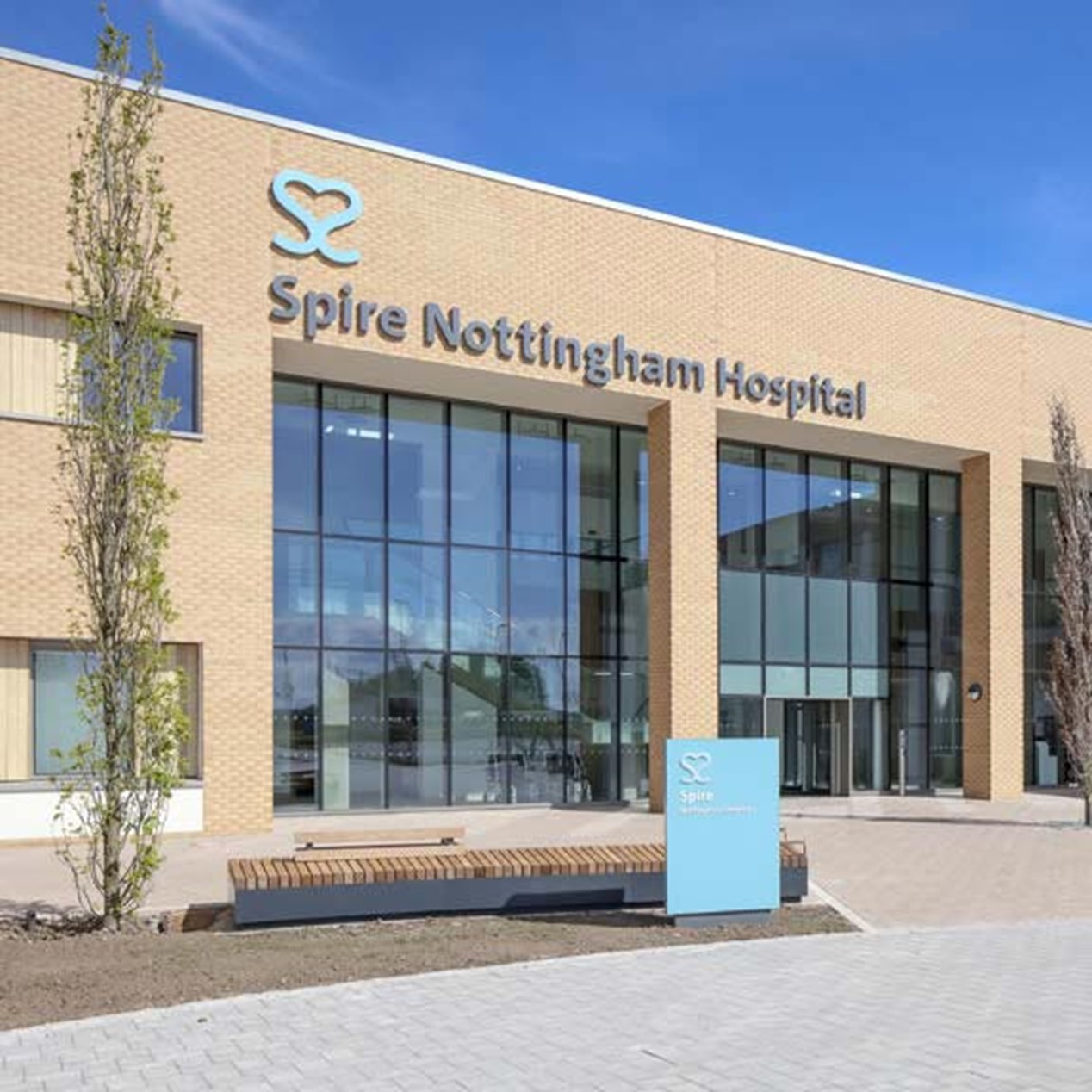Duodenal switch surgery can help people with obesity lose a substantial amount of weight, after other methods like diet and exercise have failed.
Why you might need it
Duodenal switch surgery can help people with obesity lose a substantial amount of weight, after other methods like diet and exercise have failed. Obesity is associated with a multitude of health problems and losing weight can also help to reduce them. Duodenal switch surgery can resolve metabolic syndrome, diabetes, high blood pressure, obstructive sleep apnoea and more.
The duodenal switch is a type of surgery that restricts both the quantity of food that can be accommodated by the stomach and the number of calories that can be absorbed and used by the body.
The duodenal switch combines the creation of a moderately sized stomach pouch with bypassing part of the small intestine. This allows the patient to lose weight without significantly altering their eating habits. The stomach is able to hold approximately five to six ounces of food, while other common procedures typically leave it able to hold one half to one full ounce.
Duodenal switch surgery may be appropriate for you if:
- You are morbidly obese (have a BMI of over 40)
- You have a BMI of over 35 and suffer from a condition that poses a serious health risk (eg, diabetes, heart disease or high blood pressure)
- All appropriate non-surgical measures have been tried but have failed to achieve or maintain adequate, clinically beneficial weight loss
- You are generally fit for anaesthesia and surgery and commit to the need for long-term follow-up.
Find a Spire hospital offering this treatment

Who will do it?
Our patients are at the heart of what we do and we want you to be in control of your care. To us, that means you can choose the consultant you want to see, and when you want. They'll be with you every step of the way.
All of our consultants are of the highest calibre and benefit from working in our modern, well-equipped hospitals.
Our consultants have high standards to meet, often holding specialist NHS posts and delivering expertise in complex sub-specialty surgeries. Many of our consultants have international reputations for their research in their specialised field.
Before your treatment
You will have a formal consultation with a healthcare professional. During this time you will be able to explain your medical history, symptoms and raise any concerns that you might have.
We will also discuss with you whether any further diagnostic tests, such as scans or blood tests, are needed. Any additional costs will be discussed before further tests are carried out.
Preparing for your treatment
We've tried to make your experience with us as easy and relaxed as possible.
For more information on visiting hours, our food, what to pack if you're staying with us, parking and all those other important practicalities, please visit our patient information pages.
Our dedicated team will also give you tailored advice to follow in the run up to your visit.
The procedure
Whilst under general anaesthetic, approximately 75% of the stomach is removed by a sleeve gastrectomy procedure. The stomach remains attached to the first segment of the small intestine, the duodenum, which is then separated from the rest of the small intestine and attached to the lowest part of the small intestine instead.
By bypassing the majority of the small intestine, the body's ability to digest fat, and thus absorb calories in fat, is severely reduced.
As the size of the stomach is reduced, patients feel full sooner than usual, but the bypass part of the procedure also means weight can reduce even if eating more or less normally.
Aftercare
When you go home you will need to continue your post-op diet plan, as recommended by the weight loss team. For example, you may be asked to consume 90gm of protein a day, consume very little fat otherwise to avoid diarrhoea and flatulence, take vitamin supplements A, B, D, K at double the daily requirements, and take regular exercise.
Treatment of this kind requires a life-long commitment. Plenty of rest is also important but you will be encouraged to gradually build up levels of exercise. Most patients can return to work two to three weeks after surgery, but a little longer if you work in heavy manual labour.
Why choose Spire?
We are committed to delivering excellent individual care and customer service across our network of hospitals, clinics and specialist care centres around the UK. Our dedicated and highly trained team aim to achieve consistently excellent results. For us it's more than just treating patients, it's about looking after people.
Important to note
The treatment described on this page may be adapted to meet your individual needs, so it's important to follow your healthcare professional's advice and raise any questions that you may have with them.

